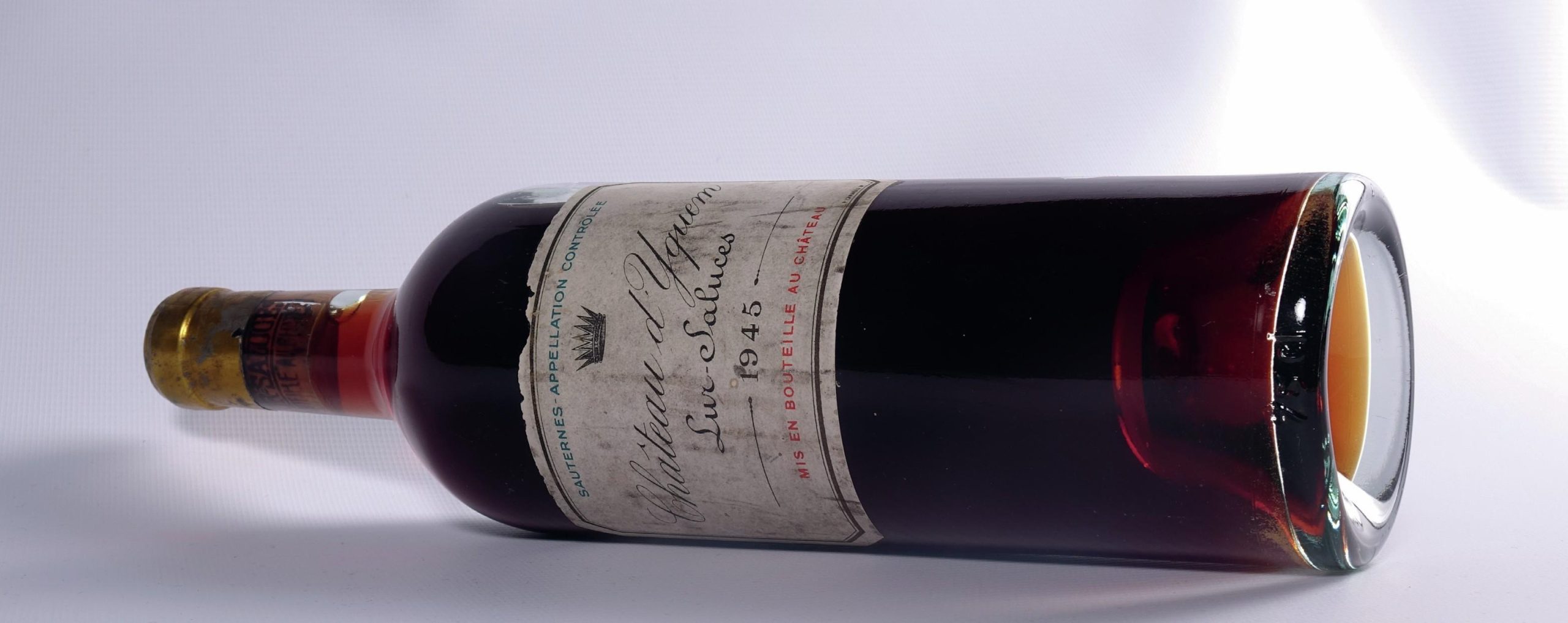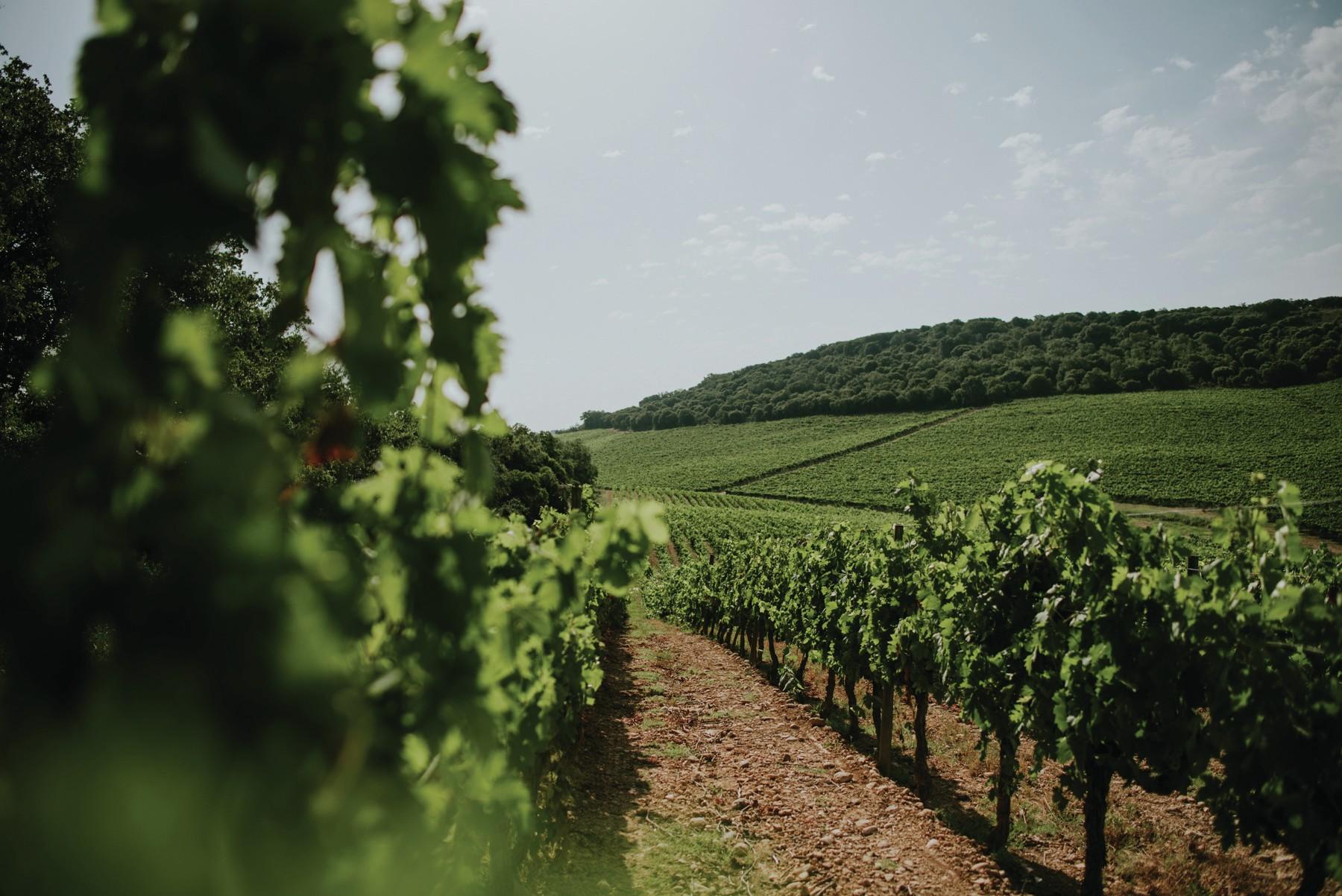Half of UK nightclubs closed since 2005
British nightclubs are in near-terminal decline, with figures revealing that half of the UK’s late-night venues have closed in the last ten years.
The Association of Licensed Multiple Retailers, which represents British nightclubs, has revealed that the number of clubs operating in the UK has fallen from 3,144 in 2005 to 1,733 in 2015.
The ALMR says these figures reveal the impact of “overly restrictive planning laws and tax levies” that have unfairly hit the late-night hospitality sector.
Laying the blame at the door of local councils, town planners and developers, a spokesperson of the trade body said, “New town centre residential developments mean people can complain about noise from often long established venues and licenses can be restricted or revoked.”
For example in Brighton, where the rate of closures has been among the steepest in the country over a longer period, the number of nightclubs in operation has declined from 48 in 2000 to just 22 in 2014, according to separate ALMR figures seen by db.
More than a threat to businesses and jobs in the late-night economy, there is a cultural impact represented by the declining club numbers, claims the ALMR.
The spokesperson said, “Our nightclubs are worth investing in. They nurture up-and-coming creative talent and liven up urban spaces. Is it not odd that our nightclub culture is often celebrated in the arts world while they increasingly disappear in the real world?”
However, reacting to the claims, a government spokesperson told BBC Newsbeat: “We know the important contribution the sector makes to our economy and the nation’s cultural landscape.
“The current regulations strike a fair balance between making sure we have music entertainment for the public and preventing crime and disorder, whilst keeping the public safe.”
Partner Content
Apart from the argument over planning restrictions, the environment elsewhere in the on-trade – bars and pubs that are witnessing similarly large numbers of closures – suggests a generational trend away from regular, high-volume drinking on the part of British consumers.
The Campaign for Real Ale has data showing that pubs are now closing at a rate of 29 per week, and a recent survey showed that people expect their local pub to offer more in terms of entertainment in order to get them through the door.
In May, research by Wine Intelligence into the British on-trade industry suggested that the traditional UK pub could completely disappear in the next five to ten years.
Another argument being forwarded is that venues such as bars and nightclubs need to be investing more in technology to entice in younger customers.
Dennis Collet, CEO of drinks ordering app Orderella, told db, “What seems to be apparent is that they need to keep evolving to fit with the times.”
“There’s a huge issue around investment in technology to keep them relevant to the next generation of clubbers,” he said.




